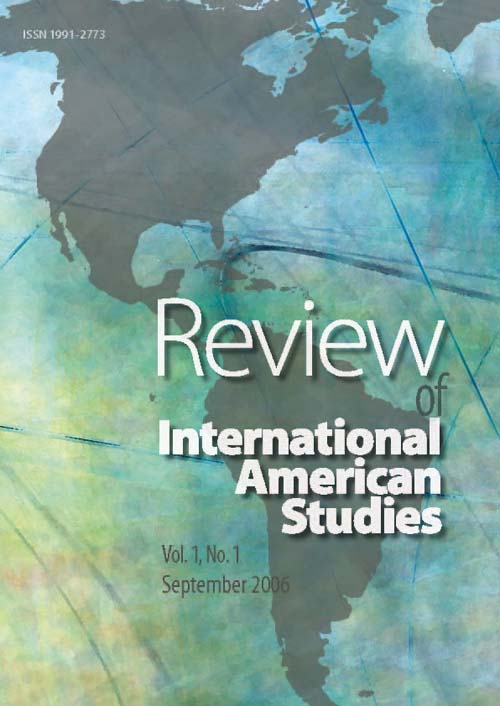Transatlanticism Then and Now?
Transatlanticism Then and Now?
Author(s): Giorgio MarianiSubject(s): Language and Literature Studies, Studies of Literature, Other Language Literature, Cultural Anthropology / Ethnology
Published by: Wydawnictwo Uniwersytetu Śląskiego
Summary/Abstract: In a recent review-essay entitled ‘Transatlanticism Now’, Laura Stevens notes that‘so many kinds of projects can be grouped under this rubric [i.e., transatlanticism] that it also threatens to lose specific meaning’ (Stevens, 2004: 95). For example, the extent to which transatlantic studies may, or may not be seen as a new thing, depends largely on whether the great deal of comparative work done long before the ‘international turn’ in American Studies on the histories, cultures, and literatures of the Americas in relation to those of Europe should be seen as fitting into this category or not. Even though they may not have used the term ‘transatlanticism’, there is no question that Americanists operating outside the US have always been aware of the comparative dimension of their intellectual work. To stick to my field of specialization, European students of the literatures of the Americas have traditionally devoted considerable attention to both the ways in which American texts were received in various European countries and to the reception of European texts in the Americas. The question is, should we consider, say, studies of the Italian or German reception of Emerson’s work, or of Emerson’s use of Dante and Goethe, transatlantic or not? Regardless of how we answer that question—and I believe it is important that we find answers to it—do we all agree with Stevens that ‘[a] taxonomy of transatlantic studies would do much to forestall the possibility of overusing this term and thus draining it of meaning’ (95)? I insist on this point because it seems to me that a lot of work done in the past by European scholars may be transatlantic to the extent that it deals with texts that crossed the ocean in one or the other direction, and yet such work may have been relatively uninterested in contesting explicitly a nation-based understanding of literary history. Should we reserve the term ‘transatlantic’ exclusively for work informed by certain kinds of theoretical premises? Or should the term designate any work that connects, in whatever ways, two different shores of the Atlantic world? When, and why, does a comparative study become ‘transatlantic’? What are the advantages—if any—of defining it as such?RIAS may provide a privileged forum for debating these issues as well as for the kind of taxonomical work called for by Stevens: the creation of an archive of ‘transatlantic studies’ would be of great help to all, especially in light of the fact that a sizable amount of transatlantic scholarship before the rise of contemporary transatlanticism was written in languages other than English. As a way of example, let me just remind you that it took nearly thirty years for the English-speaking public to discover a work as fundamental as Antonello Gerbi’s La disputa del Nuovo Mondo, which appeared originally in 1945 but was translated into English only in 1973. A truly international mapping of the field can come about only through a great collaborative effort...
Journal: Review of International American Studies
- Issue Year: 1/2006
- Issue No: 1
- Page Range: 7-9
- Page Count: 3
- Language: English

